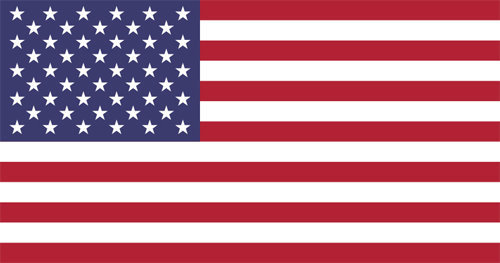
Last week the Supreme Court another attempt by the government to carve out an exception to the First Amendment. It struck down the Stolen Valor Act, a law that makes it a federal crime to lie about receiving medals for military service. In doing so, the Court reinforced the right of citizens to be free from unnecessary government censorship.
The justices decided that , which makes lying about receiving medals a misdemeanor punishable by up to six months in prison, or up to a year for lying about receiving the Medal of Honor, violated the First Amendment. The Court rejected the governmentโs sweeping claim that false statements are presumptively unprotected. That power simply has no clear limiting principle. As the plurality opinion observed, โ[p]ermitting the government to decree this speech to be a criminal offense, whether shouted from the rooftops or made in a barely audible whisper, would endorse government authority to compile a list of subjects about which false statements are punishable.โ
As we argued in our brief, investing the government with the general power to declare speech to be constitutionally valueless on the grounds of its โfalsityโ would give the government power to control and censor public debate. It would also permit unprecedented governmental intrusion into private conversations, including the most intimately personal ones. โThe mere potential for the exercise of that power casts a chill, a chill the First Amendment cannot permit if free speech, thought, and discourse are to remain a foundation of our freedom,โ Justice Kennedy wrote in the plurality opinion.
While we agree that the government has a legitimate interest in recognizing those who have acted with extraordinary honor in their service to the nation, the government can further that interest without compromising First Amendment rights. As Kennedy pointed out, โ[t]he remedy for speech that is false is speech that is true. This is the ordinary course in a free society. The response to the unreasoned is the rational; to the uninformed, the enlightened; to the straight-out lie, the simple truth.โ
The First Amendment reserves to individual citizens, not the government, the right to separate what is true from what is false, and to decide what ideas to introduce into private conversation and public debate. Last weekโs is an important reaffirmation of those crucial rights.
๏ปฟLearn more about free speech: Sign up for breaking news alerts, , and .


